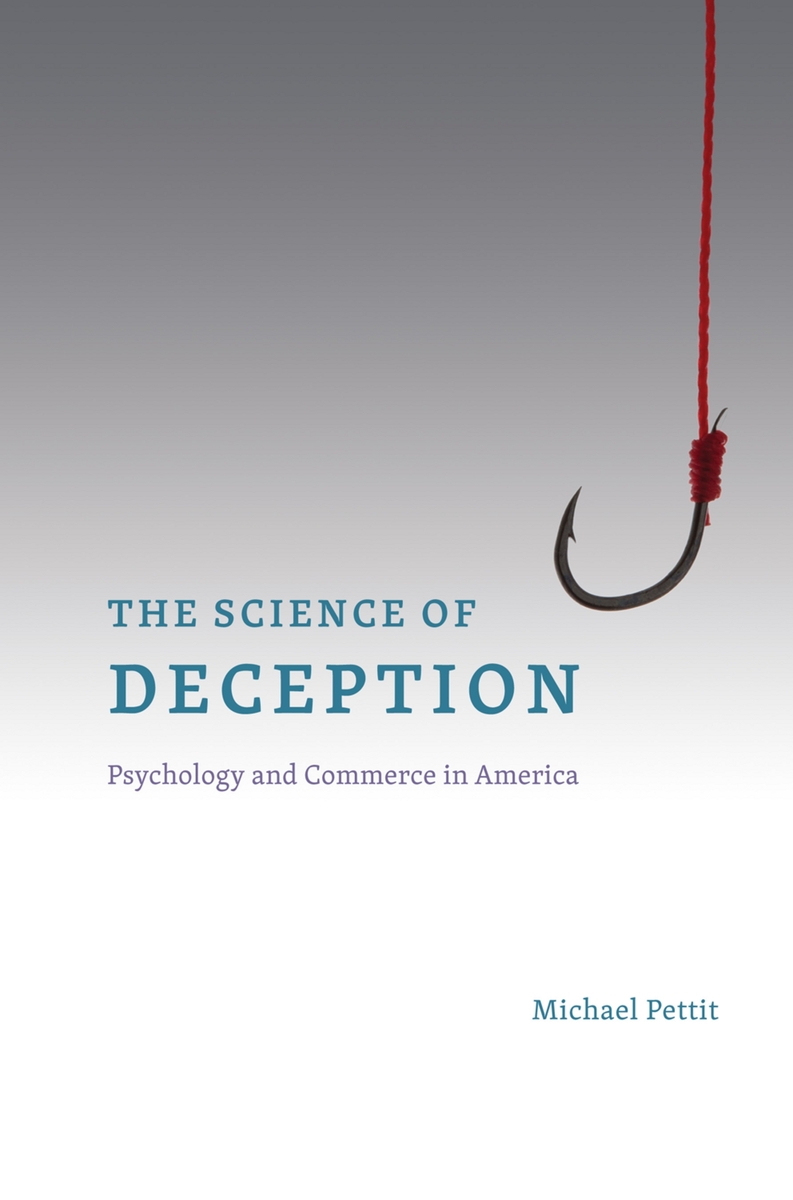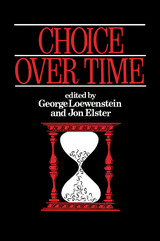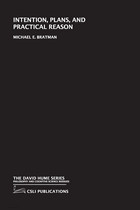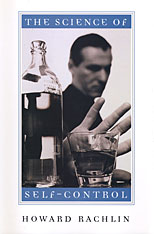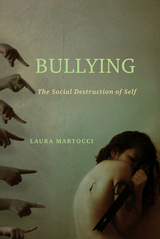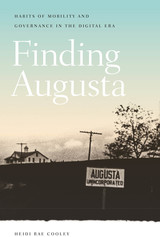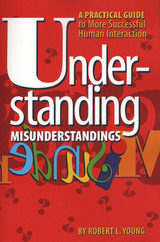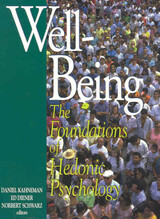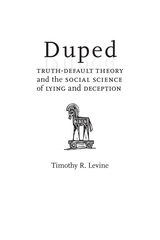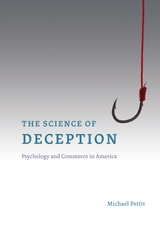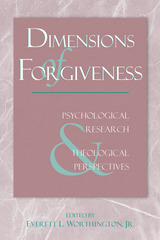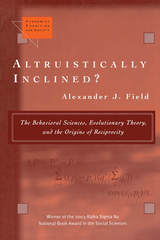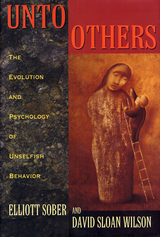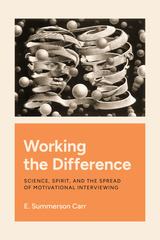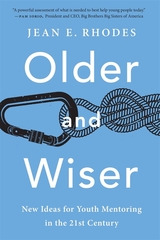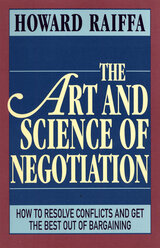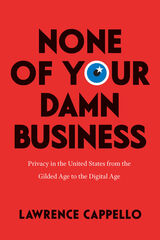The Science of Deception: Psychology and Commerce in America
University of Chicago Press, 2012
eISBN: 978-0-226-92375-8 | Cloth: 978-0-226-92374-1
Library of Congress Classification BF637.D42P48 2013
Dewey Decimal Classification 155.92
eISBN: 978-0-226-92375-8 | Cloth: 978-0-226-92374-1
Library of Congress Classification BF637.D42P48 2013
Dewey Decimal Classification 155.92
ABOUT THIS BOOK | AUTHOR BIOGRAPHY | REVIEWS | TOC | REQUEST ACCESSIBLE FILE
ABOUT THIS BOOK
During the late nineteenth and early twentieth centuries, Americans were fascinated with fraud. P. T. Barnum artfully exploited the American yen for deception, and even Mark Twain championed it, arguing that lying was virtuous insofar as it provided the glue for all interpersonal intercourse. But deception was not used solely to delight, and many fell prey to the schemes of con men and the wiles of spirit mediums. As a result, a number of experimental psychologists set themselves the task of identifying and eliminating the illusions engendered by modern, commercial life. By the 1920s, however, many of these same psychologists had come to depend on deliberate misdirection and deceitful stimuli to support their own experiments.
The Science of Deception explores this paradox, weaving together the story of deception in American commercial culture with its growing use in the discipline of psychology. Michael Pettit reveals how deception came to be something that psychologists not only studied but also employed to establish their authority. They developed a host of tools—the lie detector, psychotherapy, an array of personality tests, and more—for making deception more transparent in the courts and elsewhere. Pettit’s study illuminates the intimate connections between the scientific discipline and the marketplace during a crucial period in the development of market culture. With its broad research and engaging tales of treachery, The Science of Deception will appeal to scholars and general readers alike.
See other books on: America | Commerce | Deception | Pettit, Michael | Psychology
See other titles from University of Chicago Press
